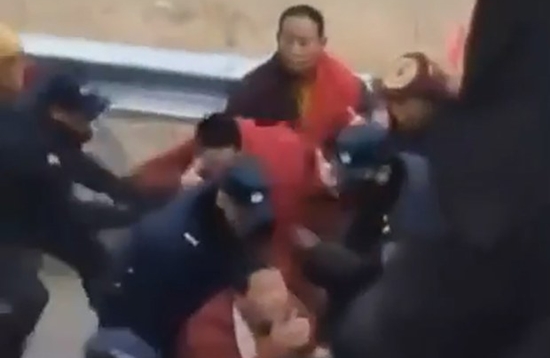
When people publicly object to governmental wrongdoing in China, they almost certainly know that the authorities are both unlikely to acknowledge the reasonableness and justice of their cause and likely to arrest and even jail them for speaking out.
This is true even when the government alters its policies in response, as it did when so many Chinese all at once got fed up with extra-tyrannical, absurd, even deadly restrictions intended to ward off COVID-19 infections and joined what The New York Times called “the country’s biggest demonstrations in decades.”
The state dropped many of the restrictions—and arrested many of the protestors.
Some combination of a sense of justice and being pushed past one’s limits may inspire persons to act even when they expect to lose, as perhaps was true of the 300 Tibetans who protested against a project to build a dam in Dege County of Tibet (“More than 100 Tibetans arrested over dam protest,” Radio Free Asia, February 22, 2024).
Residents were particularly distraught that construction of the hydroelectric dam would destroy six monasteries, including the Wonto Monastery, which includes ancient murals that date to the 13th century, the sources said.
Citizen videos exclusively shared with RFA show Chinese officials dressed in black forcibly restraining monks, who can be heard crying out against the dam…. [An image from one of the videos is shown above.]
Local sources who spoke with RFA despite the Chinese government’s effort to restrict communication from the area said police officers used water cannons, pepper spray and tasers to subdue the protesters. The videos shared with RFA do not show those tactics, however.
A spokesman for the Chinese Embassy in Washington, Liu Pengyu, knew just what to say when asked about the arrests. “China is a country under the rule of law. China protects the legitimate rights and interests of Chinese nationals in accordance with the law.”
In China, the state regards no law and no right as fundamentally protecting the individual from the power of the state. Whatever the Chinese government is willing to permit is thereby, in its view, “legitimate”; whatever it is unwilling to permit is thereby “illegitimate.” This is not a perspective unique to the government of China, of course.





